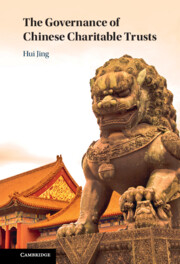In situations of national crisis, it is not uncommon to see community members join together to provide security services to their communities, gap-filling or supplementing the security services of the State. These “community defence groups” perform many roles, from operating checkpoints and conducting surveillance missions to patrolling roads and even participating in combined combat operations with the State. Unfortunately, while many community defence groups perform an important service for their community, some have been accused of serious human rights abuses or even war crimes. This article examines the circumstances in which a State might be responsible in relation to wrongful acts of community defence groups operating within their territory.
Each community defence group differs in its structure, its activities and its relationship with the State. As such, any assessment of the potential responsibility of the State will depend upon the particulars of each group and its operations. The contribution of this article is to provide a framework for assessing State responsibility in relation to community defence groups. It does so by examining the potential attribution of acts of the community defence group to the State, applying secondary rules of State responsibility. In addition, it also considers the potential responsibilities of the State under primary rules of international law, namely international humanitarian law and international human rights law, in circumstances where the primary wrongful act is not attributable to the State.
